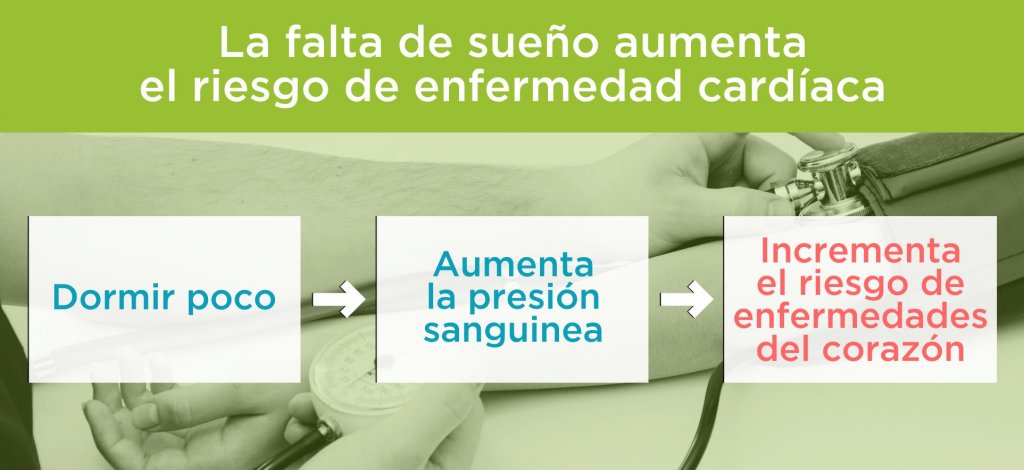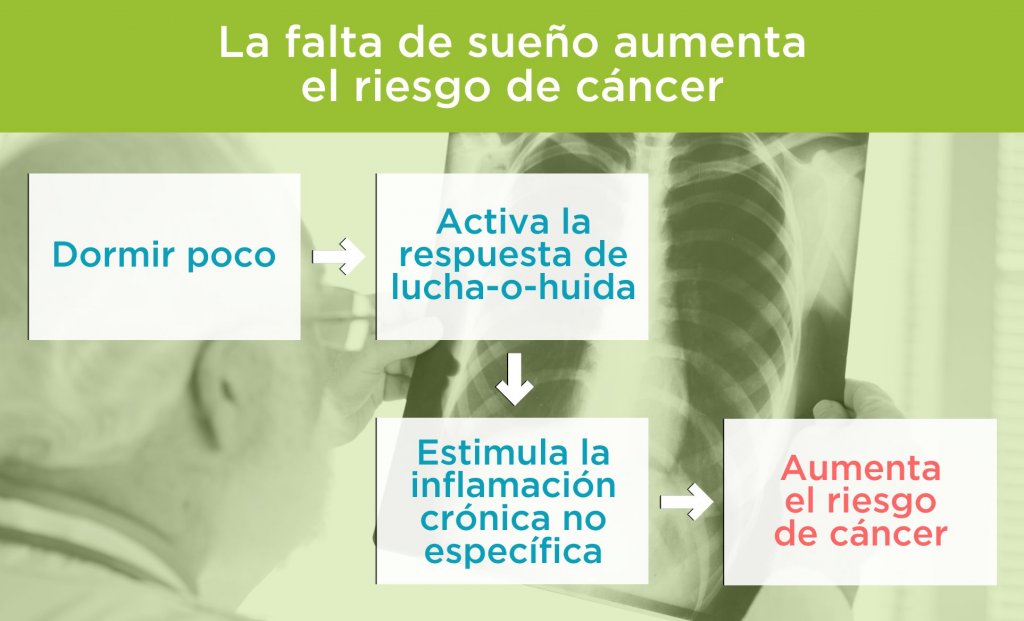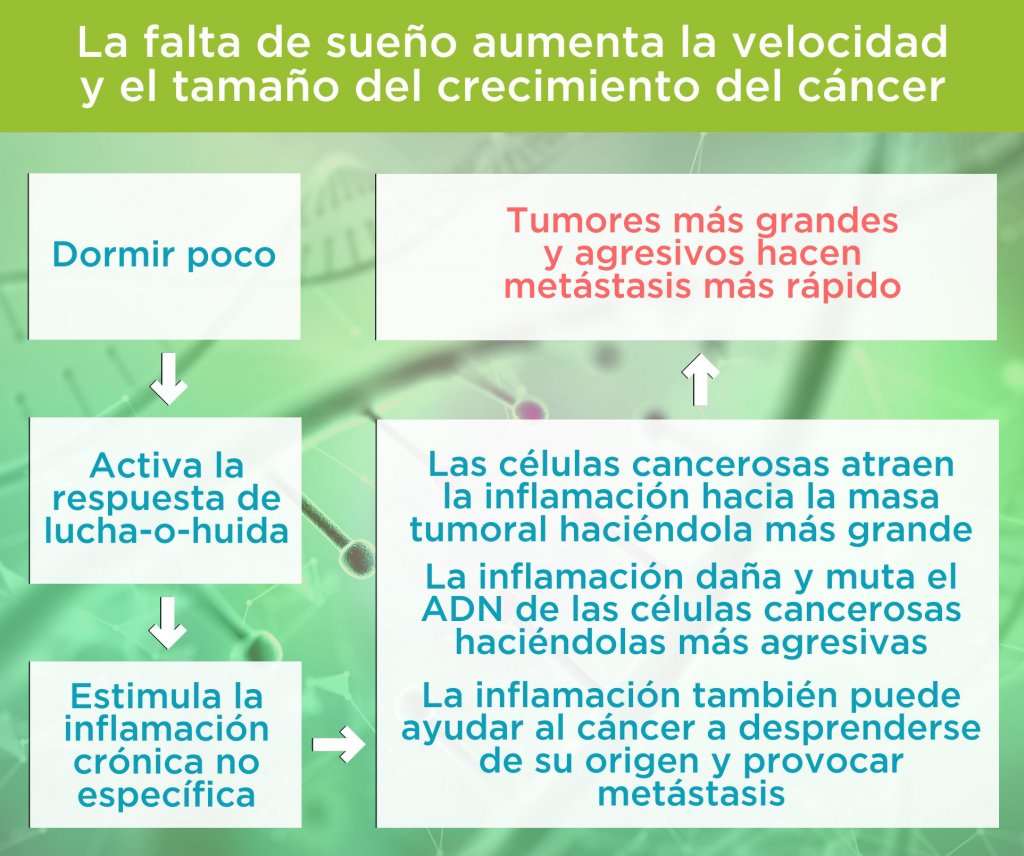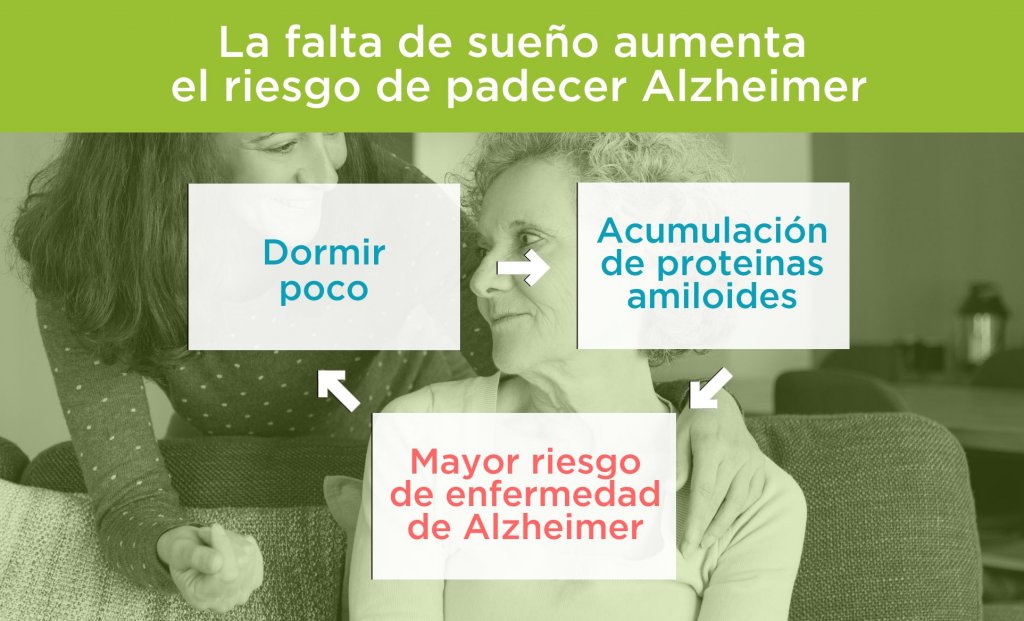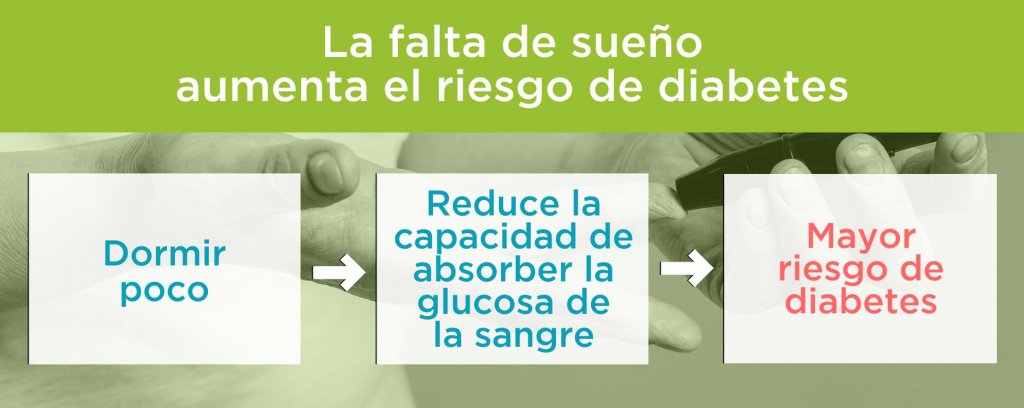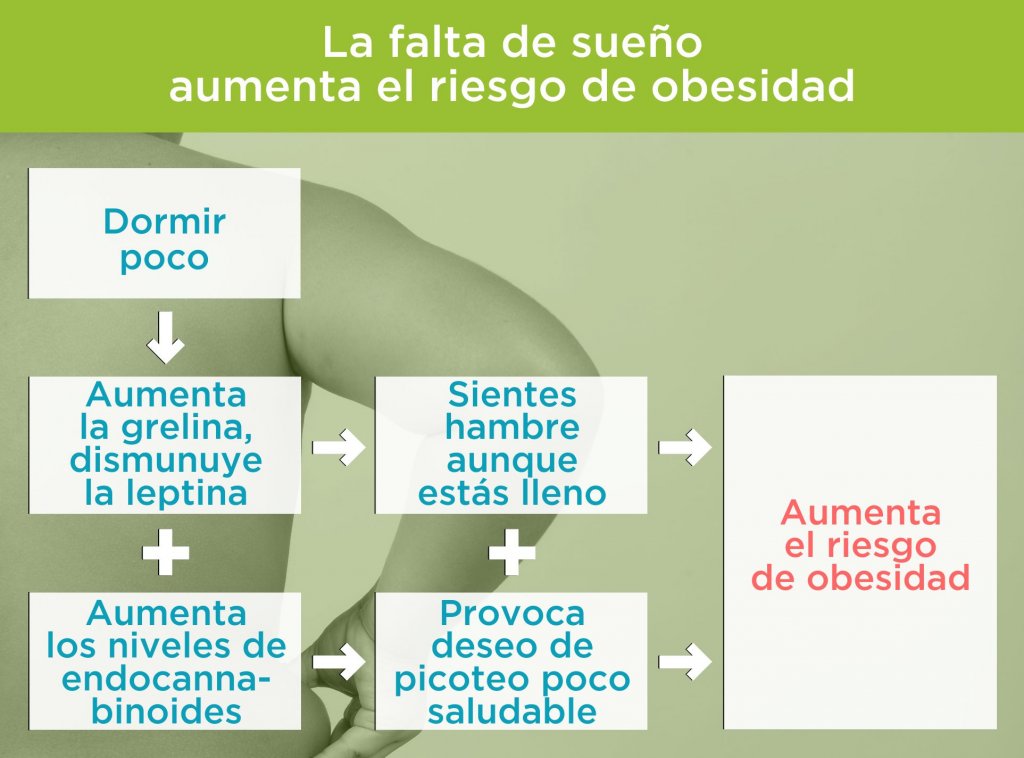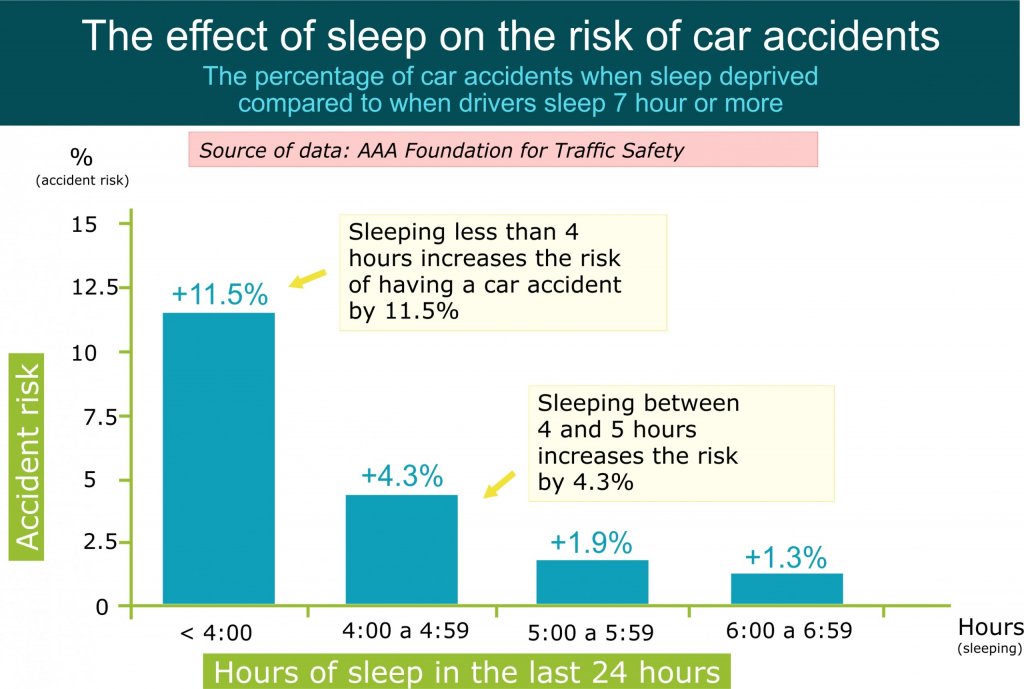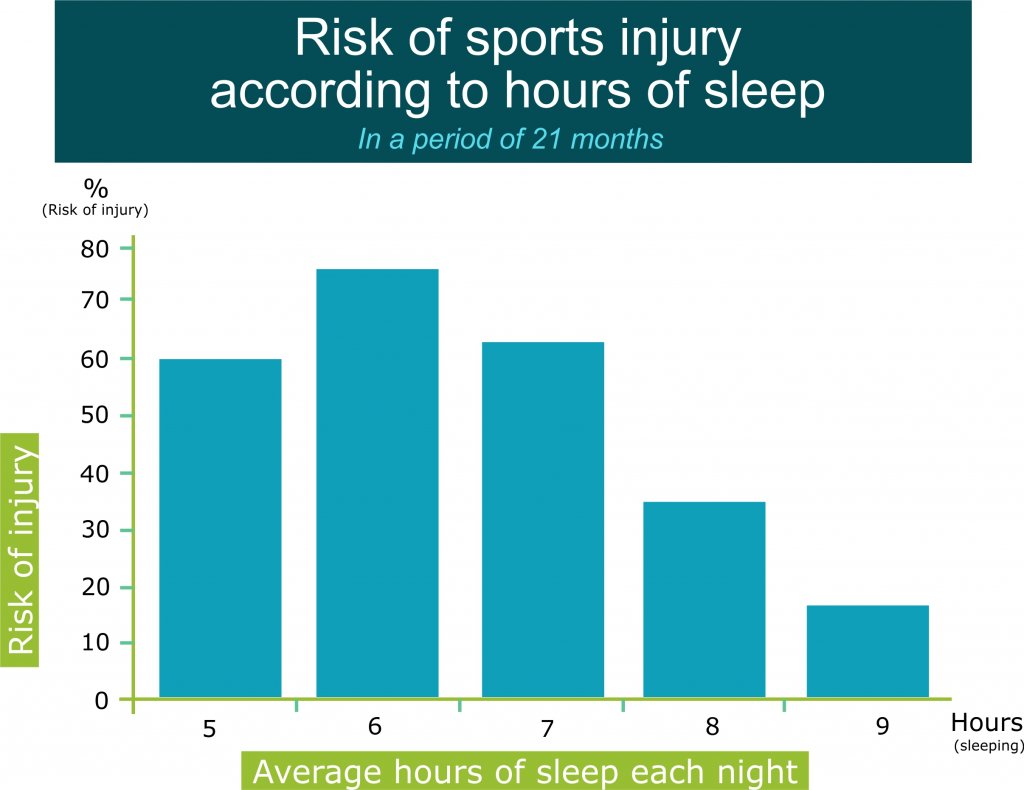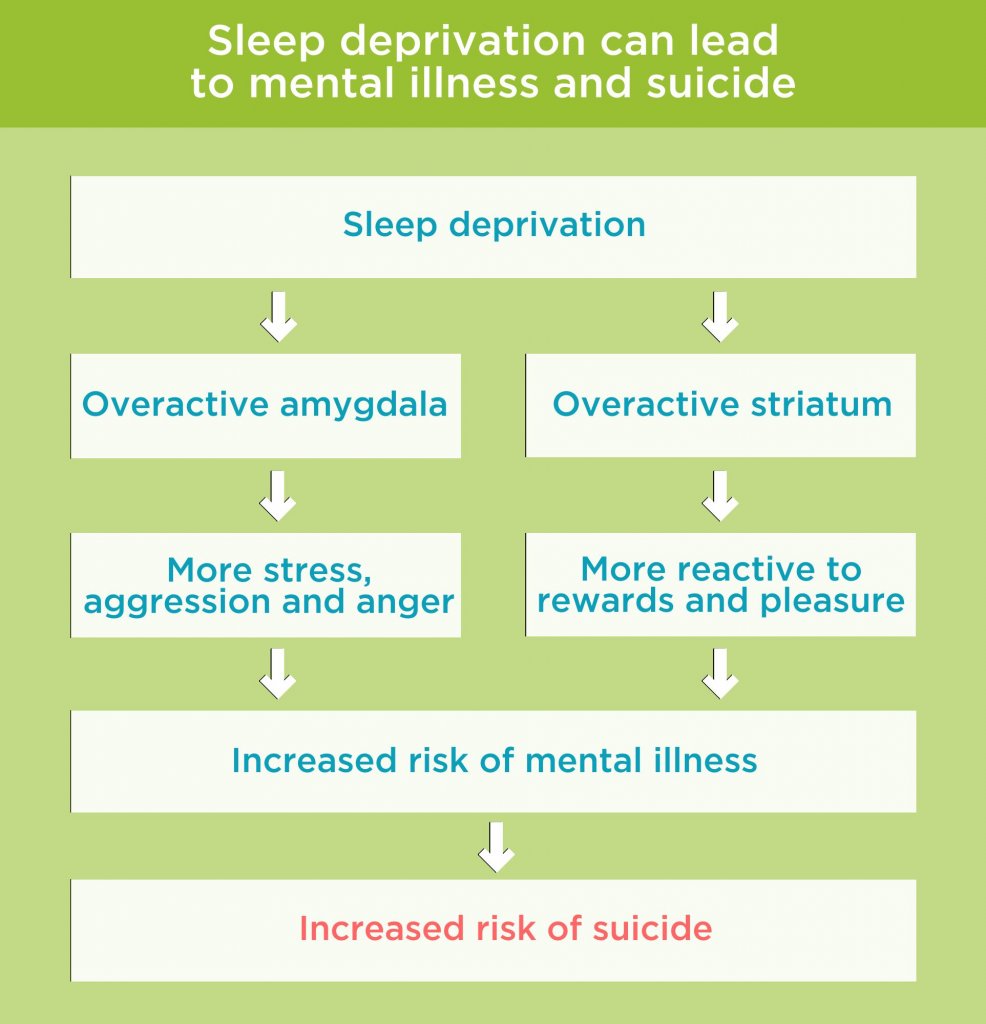A large percentage of the world’s population is sleep deprived. In the 2019 Phillips Globals Sleep Survey, answered by over 11,000 adults from 12 countries, [1]https://www.philips.com/a-w/about/news/archive/standard/news/press/2019/20190307-philips-global-sleep-survey-shows-we-want-better-sleep-but-only-if-it-comes-easily.html only 10% of adults reported sleeping extremely well, which is no surprise considering that the average sleep time reported during the week was only 6.8 hours per night. (Sleep experts recommend getting at least seven hours of sleep every night.)
But just because sleep deprivation is common, doesn’t mean it isn’t serious. Sleep deprivation is a serious condition with serious consequences – so serious, in fact, that sleep deprivation has been called a global epidemic. Sleep deprivation has also been associated with “all-cause mortality,” [2]https://www.ncbi.nlm.nih.gov/pmc/articles/PMC6473877/ meaning that, for a number of reasons (including increased risk of heart disease, cancer, diabetes, obesity, and Alzheimer’s disease), sleep deprivation can shave years off your life.
In this article, you’ll learn just how deadly sleep deprivation can be. We’ll talk all about the fatal consequences of sleep deprivation and the science behind each one. Then, to end on a good note, we’ll talk a bit about the most profound benefits of a good night’s sleep. Lastly, in case you have difficulty sleeping, we’ll give you some advice to improve your sleep. After reading this article, you may feel like you need it. What you’re about to read is truly shocking…
The Fatal Consequences of Sleep Deprivation
Sleep deprivation increases the risk of heart disease
Cardiovascular diseases are the leading cause of death worldwide, [3]https://www.healthline.com/health/heart-disease/statistics#1 and scientists have found a strong link between heart disease and sleep deprivation. The link is quite simple: Sleep deprivation leads to high blood pressure, and high blood pressure leads to heart disease.
In one study, adults (age 45 years or older) who were sleeping fewer than six hours per night were found to be 200 times more likely to suffer from a heart attack or stroke during their lifetime than other adults sleeping for at least seven hours per night. [4]https://www.amazon.com/Why-We-Sleep-Unlocking-Dreams/dp/1501144316
Sleep deprivation increases the risk of cancer
Cancer is the second leading cause of death worldwide, [5]https://www.healthline.com/health/heart-disease/statistics#1 and scientists have also discovered that sleep deprivation can increase the risk of cancer. Here’s how:
- Sleep deprivation over-activates the body’s fight-or-flight response.
- Anticipating physical bodily harm, the immune system responds with non-specific inflammation. [6]https://www.ncbi.nlm.nih.gov/pmc/articles/PMC3548567/
- A non-specific state of chronic inflammation can cause a plethora of health problems, including cancer. [7]https://news.mit.edu/2015/how-chronic-inflammation-can-lead-to-cancer-0807
A large European study of 25,000 individuals demonstrated that sleeping six hours or less was associated with a 40% increased risk of developing cancer, relative to those sleeping seven hours or more.[8]https://journals.plos.org/plosone/article?id=10.1371/journal.pone.0030972
Sleep deprivation increases the speed and size of cancer growth
Likewise, the same chronic inflammation (caused by sleep deprivation) that causes the cancer can also increase the speed and size of cancer growth. Here’s how [9]https://www.cancercenter.com/community/blog/2018/08/inflammation-linked-to-cancer-but-lifestyle-changes-may-help:
- Cancer cells lure the inflammation into the tumor mass, helping it grow faster.
- Inflammation damages and mutates the DNA of the cancer cells, increasing the tumor’s potency.
- Inflammation may also help the cancer detach from its origin, allowing it to spread to other regions of the body (metastasis).
In a study conducted on mice in 2014, researchers found that sleep-deprivation (in the form of sleep-disturbance) caused a 200 percent increase in the speed and size of cancer growth.[10]https://www.ncbi.nlm.nih.gov/pmc/articles/PMC4247537/
Sleep deprivation increases the risk of Alzheimer’s Disease
Worldwide, nearly 50 million people have Alzheimer’s or related dementia. In 2016, Alzheimer’s Disease was the sixth leading cause of death in the world. It’s also one of the most feared diseases in the world. At this point, it should be no surprise that sleep deprivation and Alzheimer’s Disease go hand-in-hand. Here’s how[11]https://www.nih.gov/news-events/nih-research-matters/sleep-deprivation-increases-alzheimers-protein)):
- Alzheimer’s Disease occurs largely as a result of poisonous proteins that build up in the brain called Amyloid plaques.
- All brains, even healthy brains, accumulate metabolic waste like Amyloid plaques while awake. Fortunately, deep Non-REM sleep clears our brains of all these poisonous chemicals while we sleep.
- That being said, if we don’t get enough Non-REM sleep, these Amyloid plaques won’t be cleared out each night and will start to build up in the brain, eventually causing Alzheimer’s Disease.
- Furthermore, Alzheimer’s Disease greatly impairs the ability to experience deep Non-REM sleep which leads to more Amyloid build-up in an even shorter period of time, exacerbating the disease and eventually leading to death.
In one study, researchers scanned participants’ brains after getting a full night’s rest and after a night of sleep deprivation (about 31 hours without sleep). Amyloid increased about 5% in the participants’ brains after losing a night of sleep, affecting mostly the thalamus and hippocampus – two regions of the brain that are especially vulnerable to damage in the early stages of Alzheimer’s Disease.[12]https://www.nih.gov/news-events/nih-research-matters/sleep-deprivation-increases-alzheimers-protein
Sleep deprivation increases the risk of diabetes
The World Health Organization (WHO) estimates that diabetes was the seventh leading cause of death in 2016. Not to mention, diabetes is a major cause of blindness, kidney failure, heart attacks, stroke and lower limb amputation. Unsurprisingly, scientists have found that sleep deprivation is also linked to an increased risk of diabetes. Here’s how:
- Diabetes is developed from the inability to absorb glucose from the blood or, as more commonly described, the inability to regulate blood sugar.
- Sleep deprivation significantly decreases the ability to absorb glucose from the blood.
In one study, scientists found that after one week of significant sleep deprivation (sleeping for just four hours a night for six nights), they were 40% less effective at absorbing glucose from the blood, compared to when they were fully rested. This makes them effectively pre-diabetic after just one week of significant sleep deprivation.[13]https://www.ncbi.nlm.nih.gov/pmc/articles/PMC2084401/
Sleep deprivation increases the risk of obesity
According to the World Health Organization (WHO), “Obesity has reached epidemic proportions globally, with at least 2.8 million people dying each year as a result of being overweight or obese”. [14]https://www.who.int/features/factfiles/obesity/en/ Scientists have found that sleep deprivation not only causes us to eat more, but also causes us to eat more unhealthy foods, ultimately leading to weight gain. Here’s how:
Sleep deprivation affects the hormones in the brain that control our sense of hunger. When we’re sleep-deprived, the “I’m hungry” hormones (called Ghrelin) are overactive and the “I’m full” hormones (called Leptin) are underactive. [15]https://www.ncbi.nlm.nih.gov/pmc/articles/PMC4861065/ In one study, the caloric intake of participants was monitored during a week of sleep deprivation (sleeping 4.5 hours each night) and during a week of sufficient sleep (sleeping 8.5 hours each night). Scientists found that when sleep deprived, the participants ate 300 extra calories each day – over 1000 extra calories in the course of a week.[16]https://www.ncbi.nlm.nih.gov/pmc/articles/PMC2615460/
Sleep deprivation increases the levels of endocannabinoids circulating in our brains, stimulating our appetites and increasing our desire to snack. In another experiment, scientists tested not only how much but also the kinds of foods that participants ate at a buffet. They found that sleep deprived individuals consumed 330 calories of snack food after a full meal. [17]https://www.ncbi.nlm.nih.gov/pmc/articles/PMC3763921/ This means that sleep deprivation not only leads to eating more but also leads to eating less healthy foods.
Sleep deprivation increases the risk of fatal traffic accidents
In 2016, traffic accidents were the eighth leading cause of death worldwide killing 1.4 million people. [18]https://www.who.int/news-room/fact-sheets/detail/the-top-10-causes-of-death According to a study by the AAA Foundation, approximately 21 percent of fatal car crashes (resulting in either death or serious injury) involve a drowsy driver. [19]https://www.iii.org/fact-statistic/facts-statistics-drowsy-driving Even more surprisingly, more accidents are caused by drowsy driving than by drugs and alcohol combined. That makes sense considering what Australian researchers recently discovered:
If we’ve been awake for just 19 hours straight (from 7:00 AM to 2:00 AM, for example) we’re just as cognitively impaired as someone who is legally drunk.[20]https://www.thedrive.com/news/27817/driving-drowsy-is-as-dangerous-as-driving-drunk-study-finds
Not to mention, drunk drivers and cognitively impaired drivers may react slowly, but drivers who have fallen asleep at the wheel don’t react at all! Drowsy driving is more dangerous than drunk driving both for the drivers themselves and for the rest of the drivers on the road.
Sleep deprivation increases the risk of suffering a serious sports injury
Youth sports injuries are among the most common physical injuries that result in hospitalizations. In the United States, high school athletes account for approximately 2 million injuries and 30,000 hospitalizations each year. Would you be surprised to learn that sleep deprivation might be the cause of a large percentage of these hospitalizations?
Scientists have found that adolescent athletes who sleep less than eight hours each night are 68 percent more likely to get injured than athletes who regularly sleep at least eight hours per night.[21]https://www.sciencedaily.com/releases/2012/10/121021102814.htm
The chart below demonstrates the relationship between sleep deprivation and youth sports injuries:
Sleep deprivation increases the risk of suffering from any and all serious physical injuries
But sleep deprivation doesn’t only affect our likelihood of suffering a sports injury. Sleep deprivation also increases our likelihood of sustaining serious physical injuries during any and all activities. Here’s how:
- Sleep deprivation impairs reaction time, [22]https://crimsonpublishers.com/cojts/pdf/COJTS.000503.pdf and quick reaction times are often necessary to protect ourselves (and others) from harm. Think about how quickly you have to react to a car swerving into your lane or a baseball coming at you in a stadium. A split second can be the difference between sustaining a serious injury and walking away unharmed.
- Sleep deprivation impairs decision-making skills [23]https://www.ncbi.nlm.nih.gov/pubmed/11014055 that are also necessary to protect ourselves from danger. Is the ice too thin to skate on or is it safe? Can I sit on this branch or will it snap? Should I wear my seatbelt today?
- Sleep deprivation impairs our attention. [24]https://www.ncbi.nlm.nih.gov/pmc/articles/PMC5699793/ Specifically, we lose the ability to divide our attention between two tasks. Something as simple as cooking dinner while watching a TV show becomes dangerous when we’re sleep deprived.
When we’re sleep deprived, we’re simply not as adept as protecting ourselves or others.
Sleep deprivation makes some jobs extremely dangerous and even deadly
Likewise, for the same reasons mentioned above, sleep deprivation can make many jobs extremely dangerous and even deadly.
Think about all of the professions that require quick reaction times and decision-making skills to keep others safe. A few should come to mind including paramedics, surgeons, police officers, lifeguards, firefighters, soldiers, and more. For all of these jobs, a good night’s sleep could be the difference between saving a life and ending a life.
Not to mention, many jobs (including many of the jobs listed above) are dangerous in their own right and require full attention, good decision-making skills, and quick reaction times just to stay safe on the job. According to USA Today, some of the most dangerous jobs include electricians, painters, construction workers, landscapers and farmers, steel and iron workers, roofers, and fishermen. [25]https://www.usatoday.com/story/money/2019/01/08/most-dangerous-jobs-us-where-fatal-injuries-happen-most-often/38832907/ Whether the job has to do with operating dangerous machinery, working at extreme heights, or dealing with criminals, a good night’s sleep could be the difference between staying safe and sustaining a serious or even fatal injury.
Need more proof? The chart below demonstrates the relationship between usual hours of sleep per day (left-hand column) and the estimated annual injury incidence per 100 workers (right-hand column). It’s clear that 7 to 10 hours of sleep per night is ideal for avoiding workplace injuries.
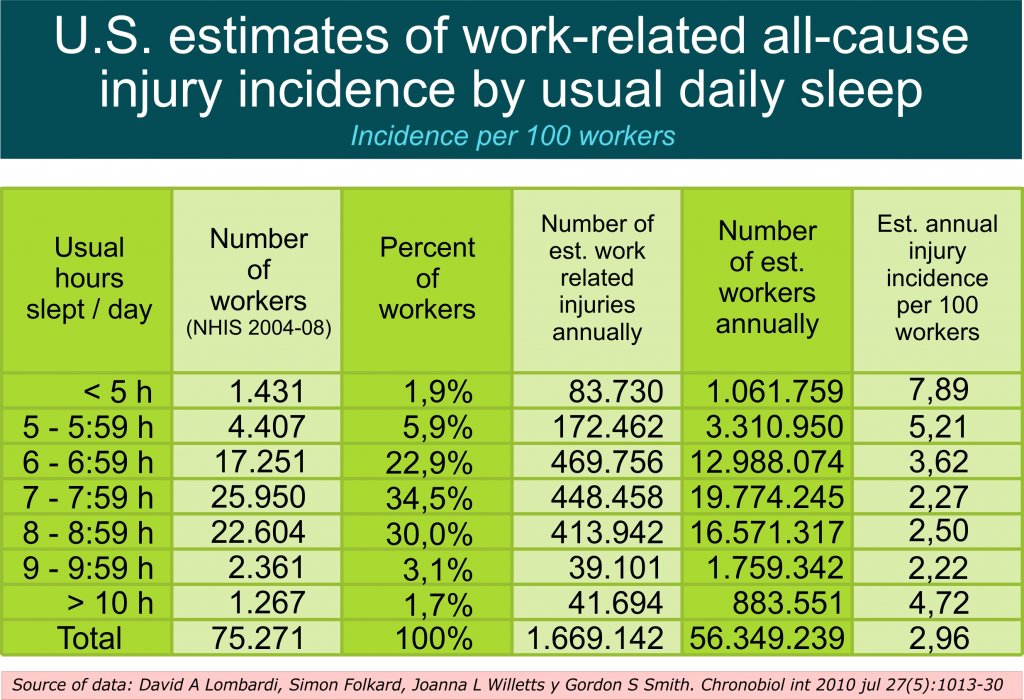
Sleep deprivation can lead to mental illness and suicide
In 2017, 10.7% of the world’s population was diagnosed as having a mental illness. That’s 792 million people across the globe. [26]https://ourworldindata.org/mental-health In the most extreme cases, mental illness leads to suicide.
Nearly 800,000 people die by suicide in the world each year. Suicide is also the 2nd leading cause of death in developed nations for teens and young adults (second only to car accidents).[27]https://save.org/about-suicide/suicide-facts/
It’s no surprise that many who struggle with mental illness also struggle with insomnia. But did you know that chronic sleep deprivation can actually lead to mental illness? Here’s how:
- Sleep deprivation leads to an overactive amygdala [28]https://www.ncbi.nlm.nih.gov/pmc/articles/PMC6122651/ – the structure in the brain that’s responsible for processing strong, negative emotions like fear, stress, anger, and aggression. An overactive amygdala can contribute to many mental illnesses including depression, anxiety, obsessive compulsive disorder and others.
- Sleep deprivation also leads to overactive striatum [29]https://europepmc.org/article/PMC/2714585 – deep emotional centers in the brain located just and below the amygdala that are associated with impulsivity and reward. When these hedonic regions of the brain are overactive, rational thought is more difficult and addiction becomes more common.
The worst part is that once a person becomes mentally ill, it becomes more difficult for them to get a good night’s sleep. Stress contributes to both insomnia and sleep disturbance, which in turn, exacerbate the mental illness in a seemingly endless, vicious cycle
Discussing the fatal consequences of sleep deprivation
How are you feeling? Are you shocked? For most of us, the fatal consequences of sleep deprivation are truly shocking, which makes sense because scientists have only begun to investigate the topic. As a matter of fact, most of the studies presented above have been conducted within the last ten years. In ten years, we’ve learned that short-sleep duration should be listed as a risk factor for most of the world’s deadliest diseases.
Yet, presumably since the research is so new, many trusted health and wellness publications fail to include short-sleep duration as a risk factor for these diseases. Risk factors for a heart attack include age, tobacco, high blood pressure, diabetes, lack of physical exercise, and the list goes on and on, but sleep deprivation is often nowhere on the list. The same is true for diabetes, Alzheimer’s, and cancer. Not to mention, teens learning to drive get speech after speech about driving while under the influence, but they are rarely informed of the fatal consequences of drowsy driving.
We have the research. It’s time to spread the word:
Sleep deprivation has fatal consequences!
Share this article with someone who needs it.
The benefits of a good night’s sleep
After discussing the morbid and depressing consequences of sleep deprivation, I bet you’re ready for a silver lining. Well, here it is: Just as sleep deprivation can take years off your sleep, sleeping well can add years to your life and greatly improve the quality of your life as well.
Here are some of the many miraculous benefits of a good night’s sleep:
- Sleeping well decreases your risk of some of the world’s deadliest diseases
- Sleeping well can help you lose weight
- Sleeping well is good for your reproductive system
- Sleeping well increases your attractiveness
- Sleeping well helps you learn new information
- Sleeping well helps your memory
- Sleeping well helps you learn new motors skills
- Sleeping well improves your emotional intelligence
- Sleeping well improve your mood and emotional stability
- Sleeping well can help you overcome traumatic experiences
Are you interested in learning the science behind the benefits listed above? Check out the full article: The benefits of a good night’s sleep
How to improve your sleep
Do you struggle to fall asleep at night? Do you wake up multiple times throughout the night? In the 2019 Phillips Globals Sleep Survey, answered by over 11,000 adults from 12 countries, [30]https://www.philips.com/a-w/about/news/archive/standard/news/press/2019/20190307-philips-global-sleep-survey-shows-we-want-better-sleep-but-only-if-it-comes-easily.html two in three adults reported waking up at least once during the night, and 80% of adults reported a desire to improve their sleep.
After learning about the fatal consequences of sleep deprivation and the amazing benefits of sleep, you may also be wondering what you can do to improve your sleep.
There are many ways to improve your sleep. Some of which involve avoiding certain habits and behaviors like drinking caffeine after 3:00 PM or taking in too much blue light before bedtime.
Many people are trying out numerous sleep solutions to fall asleep faster and stay asleep longer. Some common sleeping solutions include sleeping supplements, specially formulated infusions and teas, essential oils for sleeping, blue light glasses to reduce blue light at night, and special devices designed to help you track your sleep so you can work on improving it.
Finally, you can also improve your sleep by creating a perfect sleeping environment. Great ideas include upgrading your bedding, buying black out curtains, painting your bedroom in ideal colors for sleeping, or purchasing a diffuser to fill the room with pleasant, sleep-inducing aromas.
For more ideas, check out our guide:
Referencias

